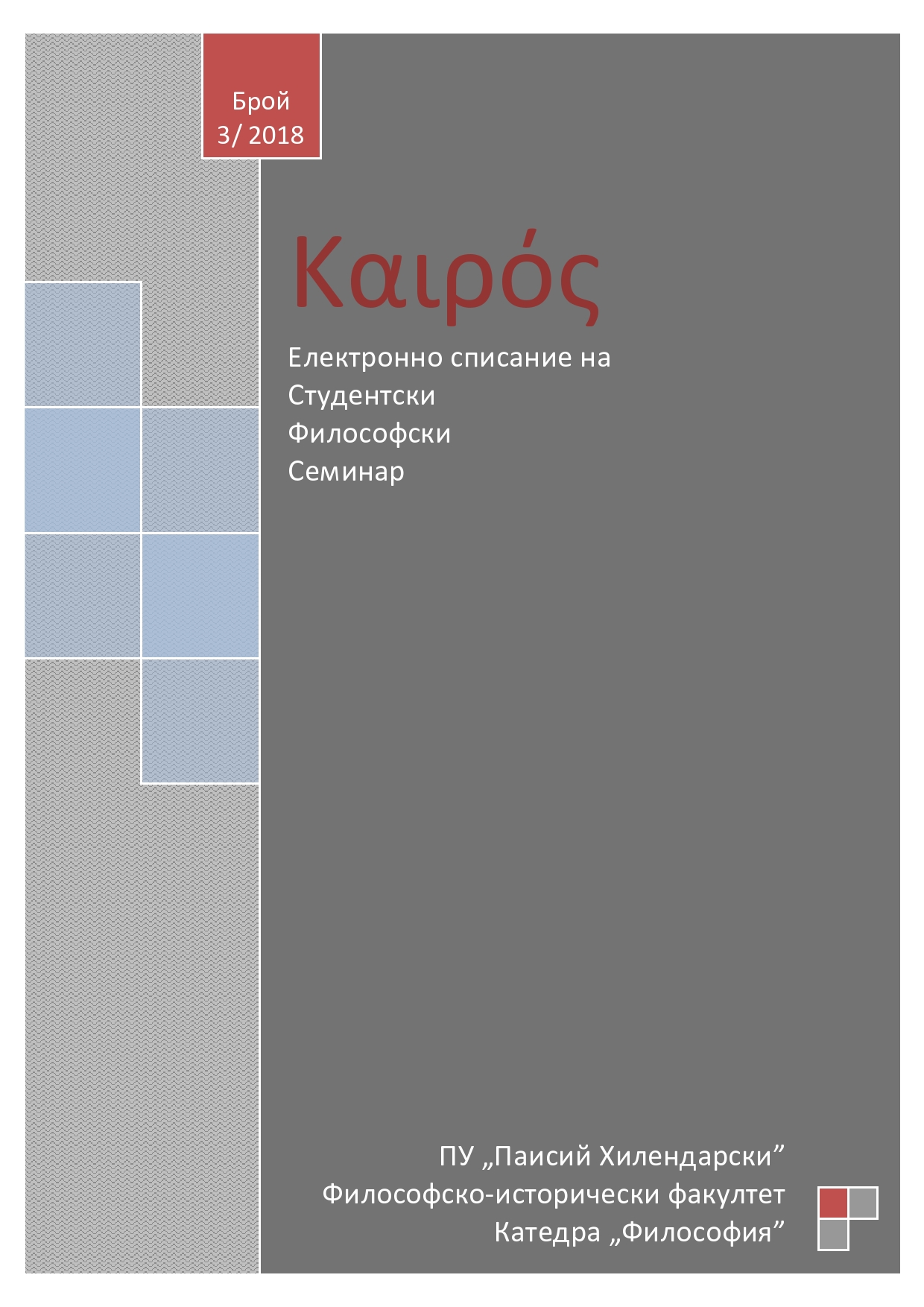"Universalia ante res" vs. "Universalia in rebus"
"Universalia ante res" vs. "Universalia in rebus"
How does Modern Analytical Metaphysics Solve the Problem of Universals?
Author(s): Denitsa ZhelyazkovaSubject(s): Philosophy, Philosophical Traditions, Analytic Philosophy
Published by: Пловдивски университет »Паисий Хилендарски«
Keywords: contemporary philosophy; analytical metaphysics; universals; particulars; realism; nominalism; tropes
Summary/Abstract: The problem of universals has a long history. The inheritance of tradition marks the development of philosophy, especially during the Middle Ages, and occupies a central part of the overall philosophical issues of Modernity. There are three main camps that try to answer the question what the nature of universals is – realists, nominalists and conceptualists. One of the main tasks of modern analytical metaphysics is to provide a metaphysical explanation for the existence and essence of the universals. Analytical philosophy tries to solve the problem of universals by introducing a new theory. Whether the theory of tropes repeats earlier nominalist theories, is the subject of many discussions at the moment. The supporters of the theory assert the view that the world (in whole or in part) consists of the so-called tropes and that the tropes that characterize reality are abstract properties. The thesis I will defend in this article is that the theory of tropes is much closer to realism than to nominalism.
Journal: Καιρός
- Issue Year: 2018
- Issue No: 3
- Page Range: 95-101
- Page Count: 7
- Language: Bulgarian

